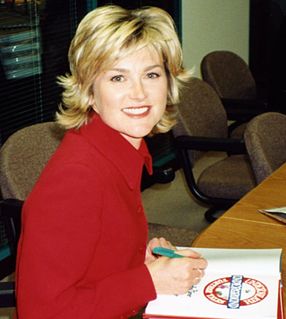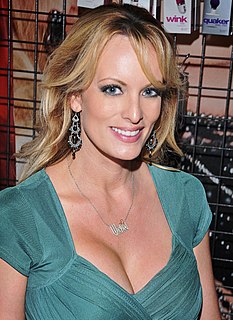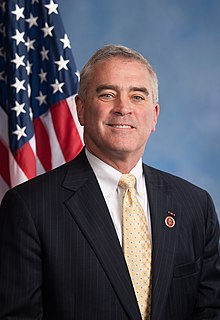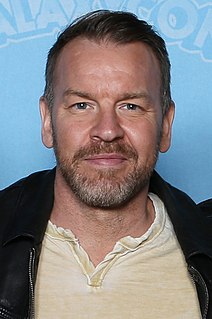A Quote by Anthea Turner
Often, there is a job - say, for a voiceover or an appearance - and you think: 'Blimey!' From the outside it would seem like you are being paid a lot for a short amount of your time. It would be inappropriate to share how much they pay, but in the industry we call it 'doing a bank raid'. Unfortunately, those jobs do not happen every week.
Related Quotes
I started blogging because I didn't know if I wanted to be an artist. I wanted to talk to other people online who were doing art, so I would post work and ask for feedback. I loved that an artist like James Jean would show his process on his blog. It became this open dialogue that, unfortunately, we don't have a lot in the fine-art world. People will say, "Wow, you share a lot." I'm like, "No, I make it a point to." Instagram is a great place for people to share failure. I don't want people to think that being an artist is some glamorous life.
I would be lying, if I said that sometimes it is just a job that you show up for because you're getting paid, and that's important, too. But, if you can be in a state of mind where you enjoy your job, whether it's just a job, or it's actually cathartic for you, or it's something personal. I think it would be much easier to be content with doing a good job.
I want to be paid fairly for the work that I'm doing. That's what every single woman around the world wants. We want to be paid on parity with a man in a similar position. And I think it's important to talk about it.... It's brave of those women to come forward and make a point about it. Now younger actresses will have a confidence in those discussions with their agents and be able to say, "Can we make sure that I'm being paid the right amount for the work that I'm doing?"
Work ethic is one of the biggest things my father taught me. That man worked like every day, every day, 9 to 5, well 9 to 9 in his case, but he would treat it as if it was a 9 to 5 job. He would clock in. He would put in his hours. That is how you can write those you know incredibly long books that unfortunately there is not much market for anymore, but that is also how you can explore an idea on a deeper level than we get in our media surface these days. It's tough.
We've learned that women can and should do 'men's jobs,' for instance, and we've won the principle (if not the fact) of getting equal pay. But we haven't yet established the principle (much less the fact) that men can and should do 'women's jobs': that homemaking and child-rearing are as much a man's responsibility, too, and that those jobs in which women are concentrated outside the home would probably be better paid if more men became secretaries, file clerks, and nurses, too.
Every time I would give a talk, someone would say, 'You ought to go into politics.' I prefer to call it government leadership. My life has taken me to places where I have experiences that I think I can share. A lot of times, we see people who are career politicians. I'm not the conventional candidate, nor do I want to be.
I find it weird that people who claim to speak for the prisoners basically want to keep them in cages all the time - and then they'll fight for better prison libraries or whatever. It's like they're missing the big picture. If I were in prison, of course I would prefer to be outside doing physical labour. It's not physical labour but prison life that kills a person. It's so bad inside that the outside jobs are often sought after. So, yeah, call them work crews and let them do it. At the same time the retributive side can feel the cons are being punished.
In theory, people would pick progression every time over being idle. But if you look at us as a culture, as a people, you would say that if you get up at five o'clock in the morning, eat your breakfast, go to work, make money, pay your bills, you're progressing, when you're still doing what's comfortable.


































